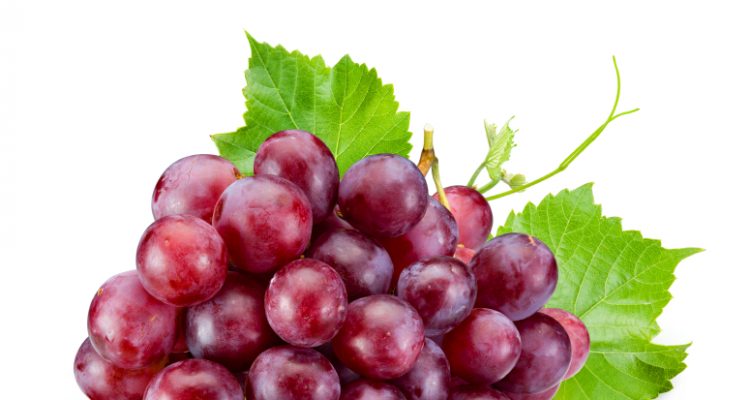
What foods can help fight the risk of chronic inflammation?
A new study headed by researchers at the University of Liverpool’s Institute of Ageing and Chronic Disease suggests that polyphenols can help protect against inflammation, cancer and other chronic diseases. Polyphenols are basically micronutrients that act as antioxidants—they are mainly found in diets rich in fruits and veggies.
Of course, the health effects of polyphenols depend on their bioavailability and how much is consumed.
T-lymphocytes (T-cells) are white blood cells that travel the body, looking for infections and cellular abnormalities.
They aid cytokines—molecules that help stimulate the movement of cells towards sites of trauma, infection or inflammation. In essence, cytokines are controlled by (polyphenol-rich) fruit and veggie intake.
The new study, published in the May issue of the British Journal of Nutrition, looks at the effectiveness of various polyphenols in moderating cytokine release. Results showed that polyphenols derived from the following may help reduce the release of pro-inflammatory mediators in individuals who are at risk of chronic inflammation:
- Acai berries
- Purple, red and black grapes
- Turmeric
- Green tea
- Onions
- Whole wheat
- Blackcurrants
- Apples
Study researchers’ further note that the elderly are more susceptible to chronic inflammation, so they might benefit from supplementing their diets with the above food sources, or foods rich in vanillic acid, curcumin, isorhamnetin and resveratrol.
We have previously reported on the benefits of resveratrol—in particular its role in lowering blood pressure. For one, resveratrol improves insulin sensitivity which helps keep blood sugar lower after a meal. Better insulin sensitivity is responsible for a drop in blood pressure as inflammation levels are also reduced.
Resveratrol is a naturally-occurring chemical and found in the skins of red grapes, wine and also available in supplement form. It is classified as a polyphenol and possesses strong antioxidant capabilities.
Source:
Ford, C.T., et al., “Identification of (poly)phenol treatments that modulate the release of pro-inflammatory cytokines by human lymphocytes,” The British Journal of Nutrition, 2016 May 28; 115(10): 1699–1710; doi:10.1017/S0007114516000805.













